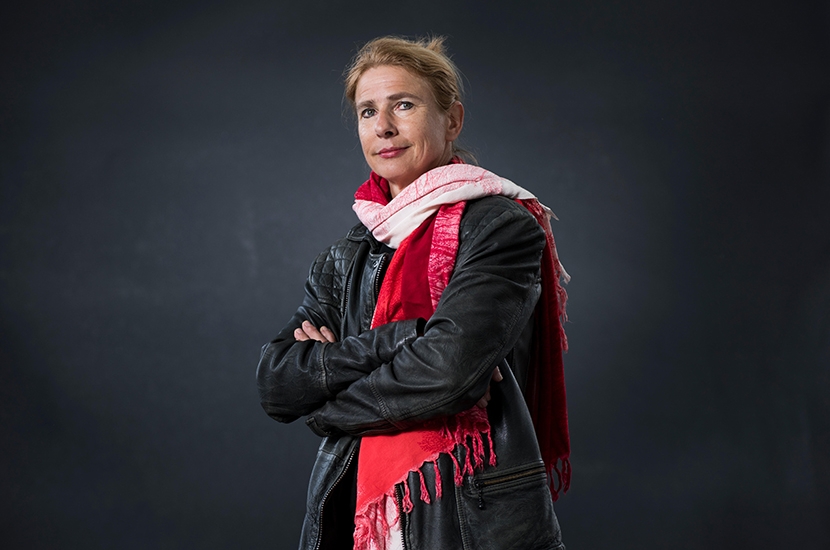Leave or remain? That’s the question hanging like a cartoon sledgehammer over Lionel Shriver’s 17th novel. Although she makes merry with the parallels, her subject isn’t Brexit. It’s how long a person should choose to live. Should we allow ourselves to shamble, with gentle optimism, into decades when mental and physical decay are statistical probabilities? Or should we Take Back Control, and off ourselves before revolted strangers are required to wash our private parts at great cost to our struggling National Health Service?
The characters Shriver charges with assessing the options are Cyril and Kay Wilkinson. We meet them in their early fifties as they return home after Kay’s father’s funeral. Slugging back sherry, the former nurse is furious that her abiding memory of her once erudite and dapper dad will be a vision of him ‘naked below the waist, purple with rage and covered in feces’. Cyril, a GP, has seen enough geriatric patients to conclude that few people maintain good physical and mental health beyond their seventies. He suggests they end their lives on Kay’s 80th birthday. She agrees. He places a box containing lethal pills on the top shelf of their fridge. They don’t discuss the subject again until their exit date looms and they’re both still in good health — although they’ve blown all their cash. Will they depart this life as Britain leaves the EU? Or will they try to renegotiate their deal?
This is all established — via the sort of heavy-handed exposition dialogue rarely encountered outside of Radio 4’s Afternoon Play — by the end of Chapter One. But that’s when the fun starts, as Shriver uses each subsequent chapter to explore a full range of death/survival scenarios. She toys with everything from car crashes to cryogenic storage.
Shriver is a novelist who uses fiction to help her interrogate her own life choices. We Need to Talk about Kevin — about a high school shooting — reaffirmed her instinct that she was unsuited to the gamble of procreation, because ‘you don’t know what you’re going to get’. The Motion of the Body Through Space — about a marriage pushed to the limits when an aging husband embraces extreme sport — allowed her to question her own addiction to exercise.
Now in her mid-sixties, observing the decline of her elderly parents, it’s clear she’s using this book to weigh up her options. Readers of her pro-Brexit, anti-lockdown journalism will know her as a writer of strong opinions, but also as one capable of challenging (and chuckling at) her instincts. That makes the writing crisp and clunky by turns. At their worst, Kay and Cyril become ambulatory pros and cons. But they’re also wickedly witty.
The men in Shriver’s novels are often fanatics, while her women are pragmatists. Kay and Cyril fit that mold. As a socialist devoted to the NHS, Cyril delights in reading grim statistics about elderly bed-blockers and exaggerates his aches and pains. Dynamic Kay’s more of a libertarian and relishes the pleasures of mature existence. They both acquire warmth and depth as the novel progresses.
Shriver doesn’t reach any wildly original conclusions, but she makes us laugh. She may nudge some readers into telling their relatives what they are (and are not) prepared to endure. She knows this is important, because we all live in such absurd denial of our own mortality that only 4 percent of Brits have an end-of-life plan. But Shriver is also a writer who wants us to accept that death and decline can outmaneuver our best laid plans.
This article was originally published in The Spectator’s UK magazine. Subscribe to the World edition here.


















